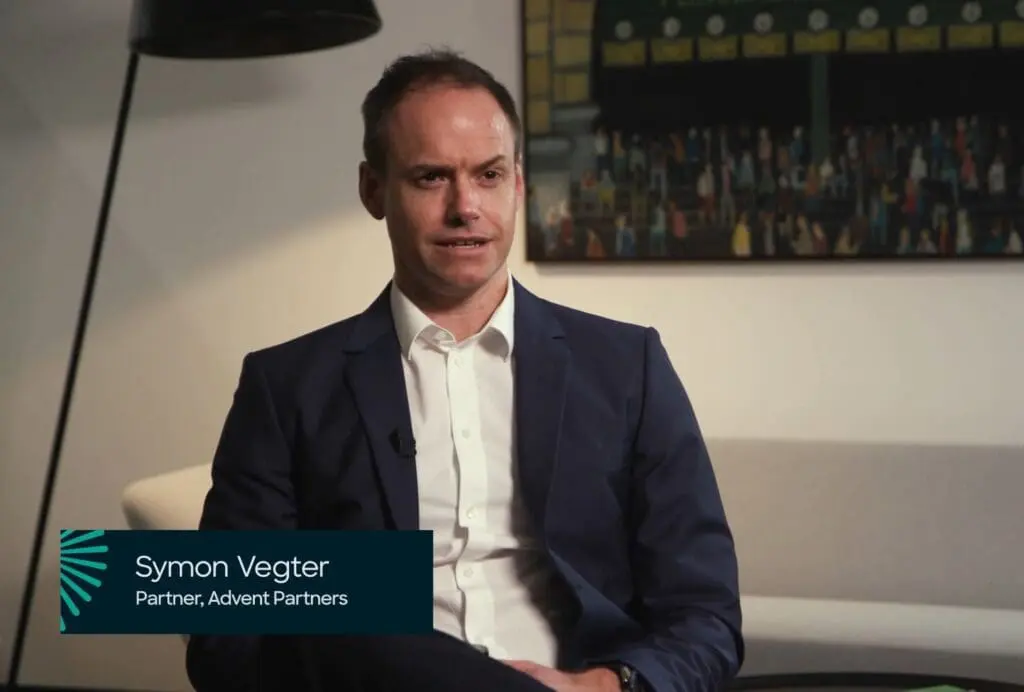June 2022 – Robert Radcliffe-Smith
Private Equity is now the leading alternative asset class having grown ~80% over the last 10 years globally. The fact that Private Equity has consistently produced outsized returns might have something to do with that. Our track record of creating value for stakeholders can be traced back to our governance model.
Public Boards vs Private Equity Boards
In contrast to public boards, which are compliance-centric and typically large in size, private equity-backed companies have smaller boards, usually with no sub-committees. This allows for alignment in interest to be quickly established, especially since all directors on the board have significant economic ownership, so that value-enhancing strategies can be executed upon efficiently. Additionally, private equity boards will come armed with the in-depth due diligence completed prior to their investment, and thus are able to use this knowledge to guide the strategy of the business moving forward.
The Advent Partners Board
At Advent, our boards are generally comprised of 3 to 5 individuals. There’s ample research that shows smaller boards get better returns. This isn’t surprising – trying to get a group of people to agree on anything can be difficult and time consuming. Small boards spend less time in discussions to reach a compromise, and with less to manage, coordinate and facilitate, the board is able to make faster decisions. We believe that all representatives (including Advent’s) should be empowered to make decisions at the board meetings, rather than referring them to board committees or third party decision makers.
Our Board Meetings
Our boards tend to run like small working groups. Rather than relying on quarterly or monthly meetings, we like to engage more regularly with management to pursue a candid and continuous dialogue. We believe that this makes it easier for everyone on the board to share ideas – our motto at Advent is that ‘the best idea wins’. By creating an environment that encourages people to participate in the collective vetting process, ideas that are not going to work are thrown out quickly so that resources can be diverted into the good ones that will. Additionally, this provides an environment that enables the Board to dedicate more time to tackle real issues in greater detail. Our investment horizon of 3 to 5 years provides a healthy urgency, but also enables us to make decisions that create value over a longer timeframe, to the exclusion of short-termism.
Getting things done is an important part of Advent’s creed. The largest board I have been on had eight members, many of whom felt it was their duty to say something (indeed, anything!). After six months, we found that there was a loss of momentum and some poor decisions, so resized the board to five members. The business prospered after that.
Good governance is key to a company’s ability to create sustainable growth and value. A small board is more nimble and are better positioned to get the cut through to achieve key milestones efficiently and effectively.











